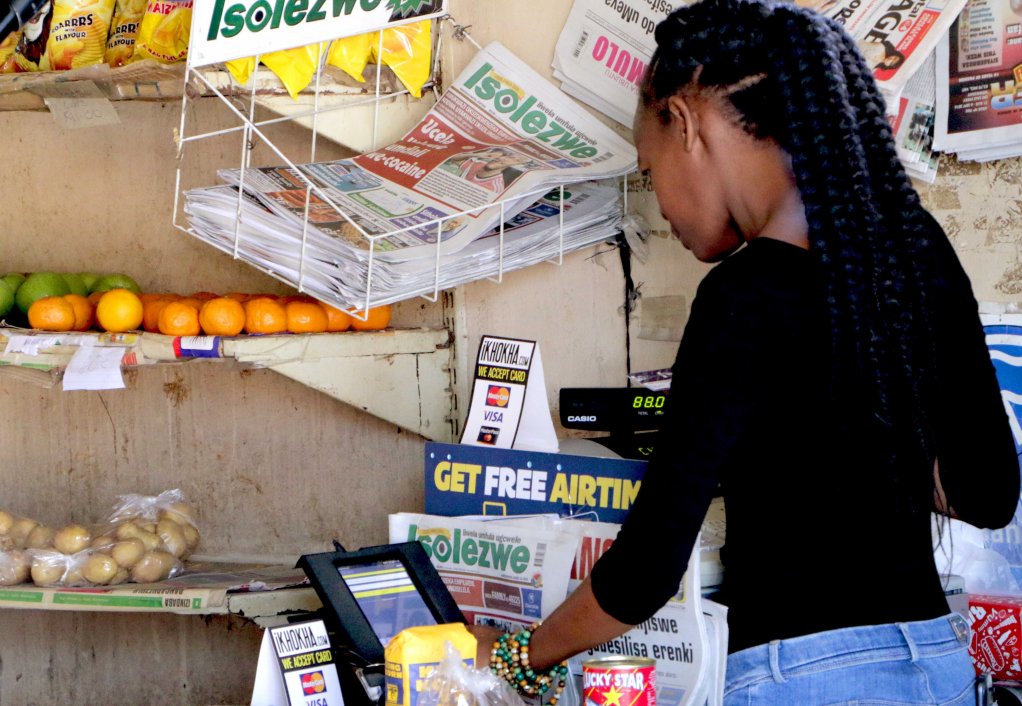
A HELPING HAND The impact of Covid-19 has made it even more pressing to support inclusive growth in developing economies such as South Africa
Global payments technology company Mastercard has committed to bringing one-billion people and 50-million small, medium-sized and microenterprises (SMMEs) globally into the digital economy by 2025.
The company will also provide 25-million women entrepreneurs with solutions that can help them grow their businesses.
Over the past five years, Mastercard achieved its initial goal of including 500-million people in the digital economy through more than 350 innovative programmes across 80 countries.
“The impact of Covid-19 has made it even more pressing to support inclusive growth in developing economies like South Africa, which, according to the World Bank, is forecast to have more than one-million people pushed into extreme poverty owing to the pandemic,” says Mastercard South Africa country manager Suzanne Morel.
“If we are going to recover in any sort of long-term, sustainable way, we have to ensure that everyone is included in the digital economy. Financial inclusion is a critical part of that goal.”
In line with this, Mastercard has partnered with fintechs uKheshe and iKhokha and other financial services providers in South Africa to offer low-cost digital payment solutions to SMMEs and the unbanked to fast-track financial inclusion.
The partnerships with iKhokha and uKheshe will enable SMMEs to accept digital payments.
Some 11-million in South Africa are unbanked or underbanked, with 65% of all retail payments made in cash, which leads to unnecessary risks and high transaction costs for merchants and consumers.
A Mastercard study shows that the cost of cash for consumers is R23-billion a year or 0.52% of South Africa’s gross domestic product (GDP), with the bulk of this cost carried by lower-income earners.
“With a large percentage of SMMEs, traders and service providers still transacting in cash, quick response code solutions like Masterpass provide an affordable way to accept digital payments and grow their businesses, as there are no prohibitive infrastructure or maintenance costs associated with physical card terminals,” Morel says.
Mastercard, in partnership with Junior Achievement South Africa, also aims to equip young women with the skills to start and grow their own businesses and instil the discipline of earning a living, saving, spending and investing.
“Reaching the one-billion goal will require collaboration and partnerships with a wide range of players, including financial services providers, fintechs, mobile network operators, government, retailers and others.”
Partnerships with the public and private sectors will enable the development of commercially-sustainable and scalable solutions that will help society at large thrive, Morel explains.
As part of Mastercard’s ongoing efforts to support an inclusive recovery, the group committed, in the first weeks of the global health crisis, up to $25-million in seed funding to establish the Covid-19 Therapeutics Accelerator.